| Since the Symposium came to a close, I've been focusing on getting the Weapons Vault up and running. Working with community members who know more about historic firearms has been a real joy, and has sparked my curiosity in the role they've played (and continued to play) in our regional and national history. I'm still compiling my thoughts on all that as there is a LOT there, but I wanted to share a bit of information on one particular style of gun that shows up in our weapons vault that I thought was particularly interesting through how it was adapted to fit challenges met in the West. |
| In the double barrel shotgun case, you’ll see a gun that is noticeably shorter than the others. This is known as a “messenger gun”. In the 1850s, San Francisco was beginning to be a booming metropolis, being the leading port for new miners coming to California from around the world. At the time, the fastest way across the massive expanse of land was by horse or stagecoach. |
| Wells-Fargo stages traveling to San Francisco from Tipton, Missouri carried passengers, US Mail, and of course gold and paper money to their bank branches in California. Because of this, the well-labeled stages became common targets for robbers in the lawless west. In response, Wells Fargo started sending armed guards with the stagecoaches to protect the money, mail, and passengers over the 2800 mile route. The armed guard had a sturdy, short barrel (12 to 20 inches long) shotgun called a messenger gun and would sit up front in the driver’s box next to the driver, a spot oftentimes referred to as “shotgun” (The term “shotgun” used to refer to the front passenger seat of a car, however, didn’t become popular until the late 1910s and into the “Spagetti Western” era of films in the 1960s, where guards and their guns would oftentimes show up in epic chase scenes). The Messenger guns were typically loaded with buckshot and, when used at a relatively close range, were very effective with little aiming needed, which was good when sitting on a stage coach moving quickly over rough terrain. |

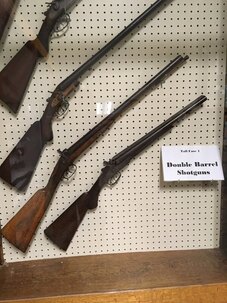
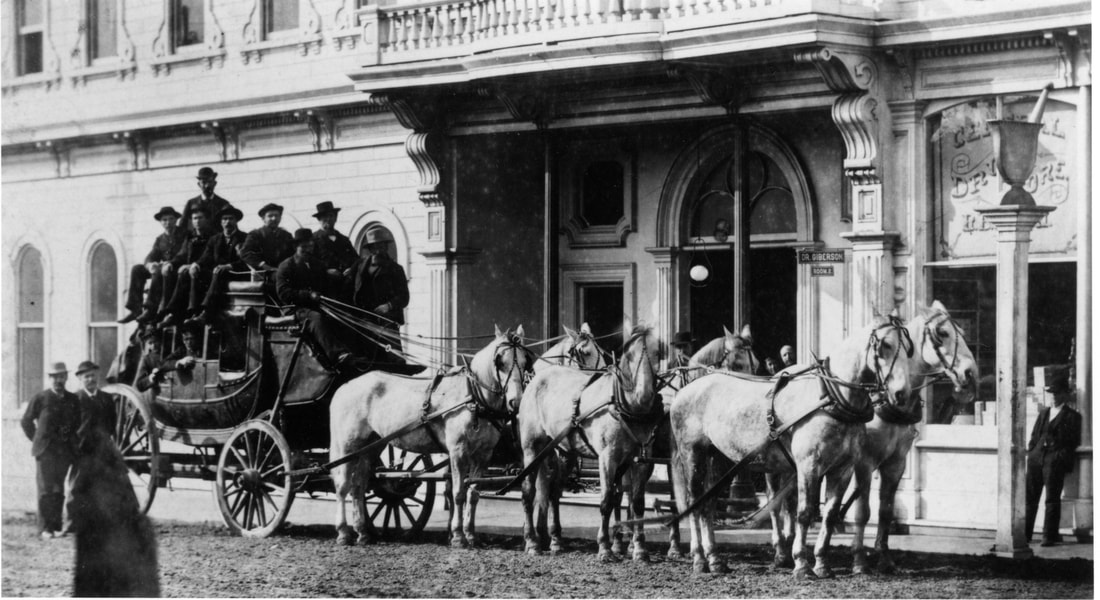
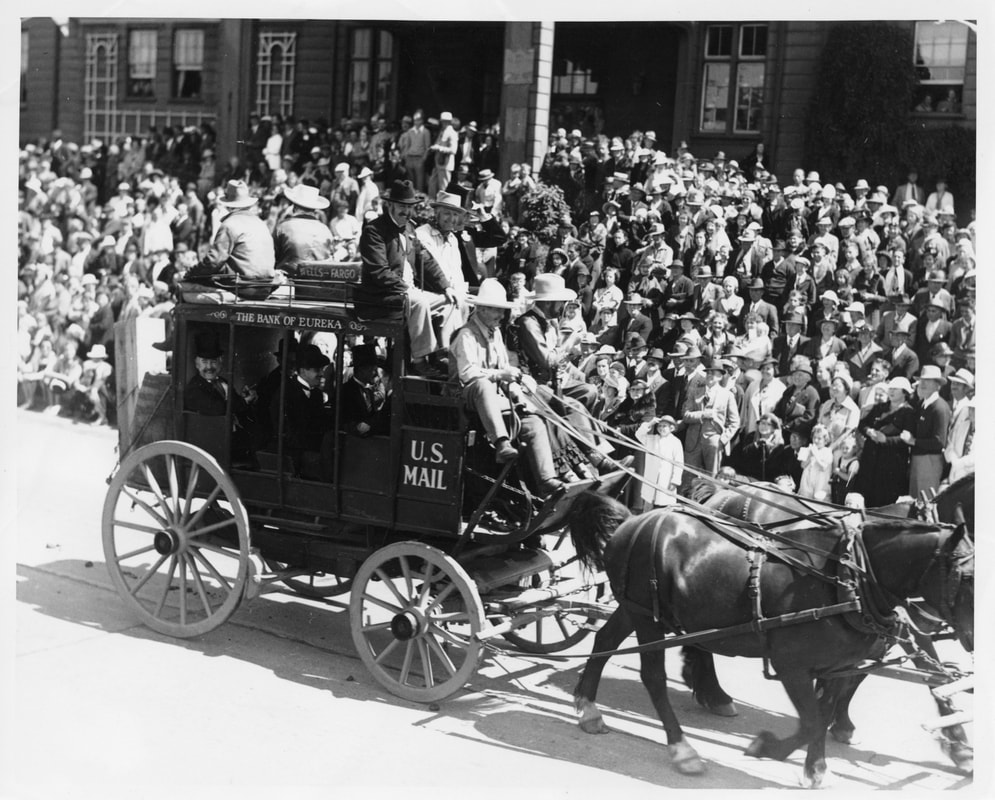
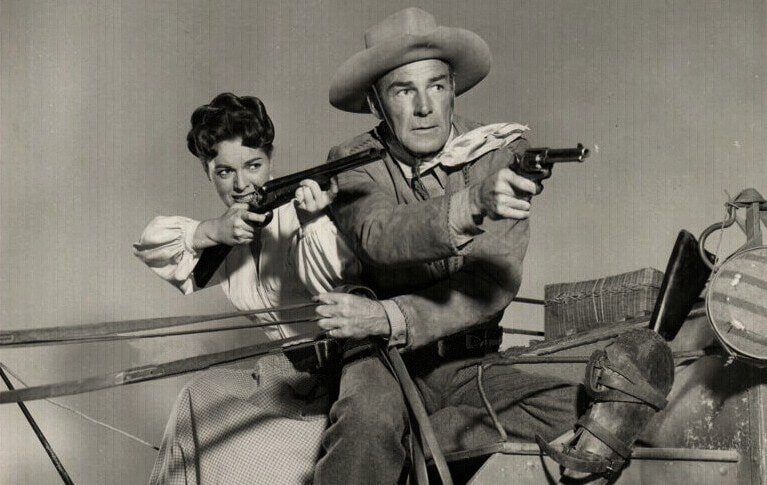
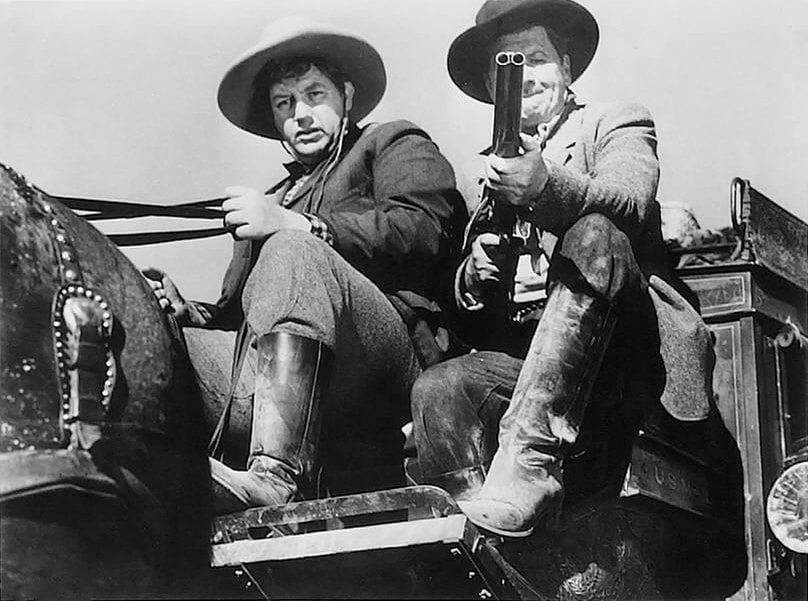
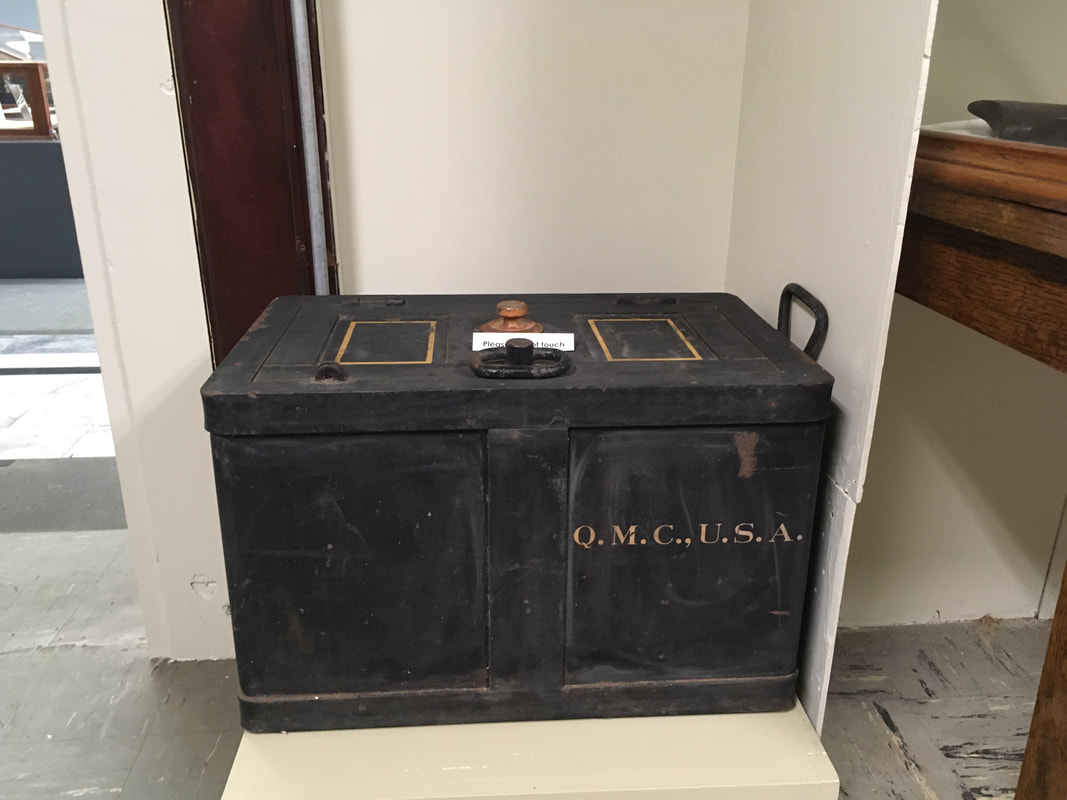
 RSS Feed
RSS Feed